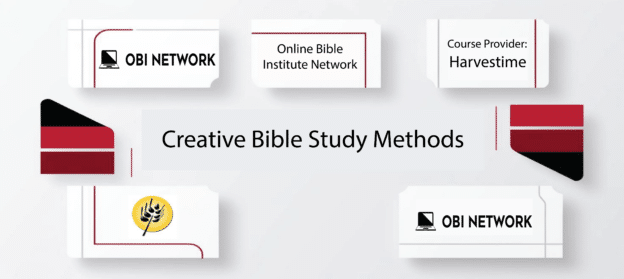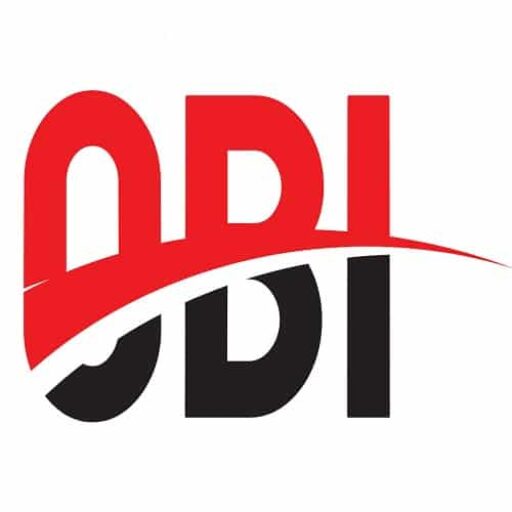Creative Bible Study Methods

About Course
Course Description:
This course equips students for personal study of the Word of God after the conclusion of Institute training. Students learn how to study the Bible by book, chapter, paragraph, verse, and word. Other methods taught include biographical, devotional, theological, typological, and topical. Special guidelines for studying Bible poetry and prophecy are presented, and students are taught methods of charting and outlining.
Course Objectives:
- Explain how the Bible originated.
- Describe the organization of the Bible into testaments, major divisions, and books.
- Summarize the basic history and chronology of the Bible.
- Explain the unity and diversity of the Bible.
- Explain how different Bible versions developed.
- Apply rules for proper interpretation of the Bible.
- Summarize what the Bible teaches about itself.
- Identify prerequisites for Bible study.
- Create outlines, charts, summaries, and text markings to help you retain content.
- Apply creative methods to your study of God’s Word.
- Use Bible study tools.
Course Requirements:
- Complete the Study Guide reading for each lesson.
- Complete the Self-Test questions for each lesson. You do not need to send us your answers. Please remember that as students preparing for ministry, your calling is not just about gaining knowledge—it’s about developing the character that reflects Christ in all aspects of life. One of the simplest yet most powerful ways to walk in integrity is by honestly and faithfully answering every self-test question in your coursework.
- As you complete each chapter you need to go to the Activity Feed and post a comment about something that interested or impacted you as you worked through the lesson. Your comment needs to be well thought out and consist of at least fifty (50) words. Ensure that you start your comment with the course name and lesson number. You also need to post comments on two other students’ recent course comments.
- Complete the Lesson Assignments. Your answers are reviewed so please write well thought out answers..
- After you have completed all of the Lessons, you will need to complete the Final Examination, the Final Paper and the Final Assignment.
Click on the link below for the Creative Bible Study Methods Study Guide:
All of the ideas and principles conveyed by the instructor in this course are not necessarily held by the Online Bible Institute Network.
Course Content
Lesson 1
-
Chapter 1
